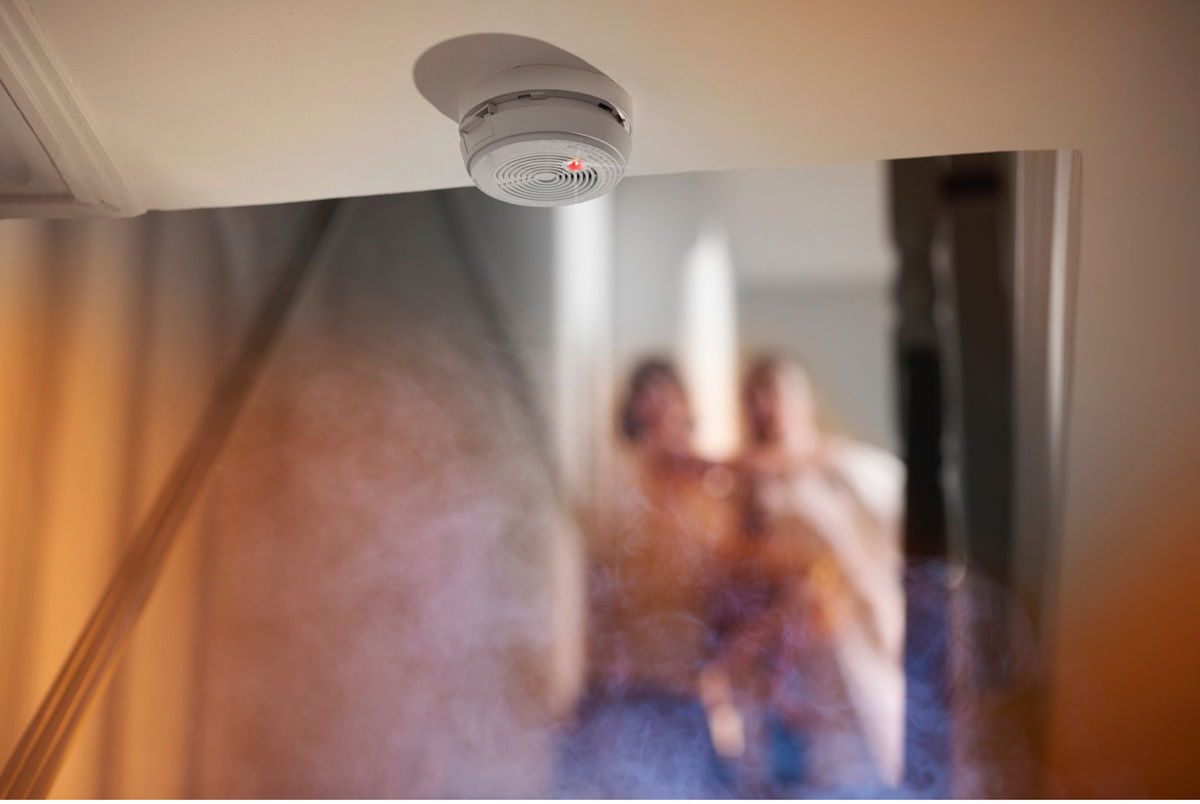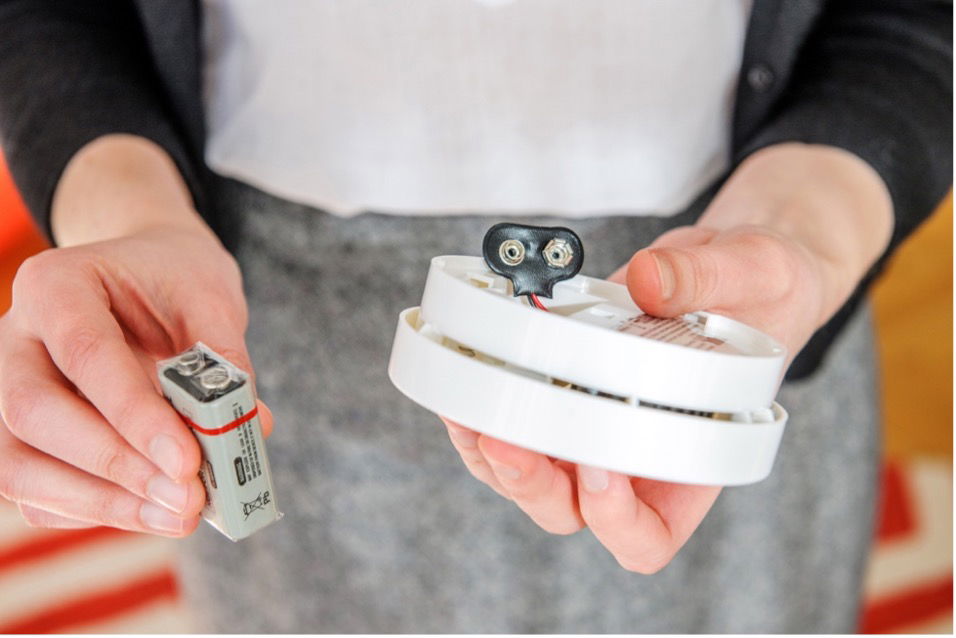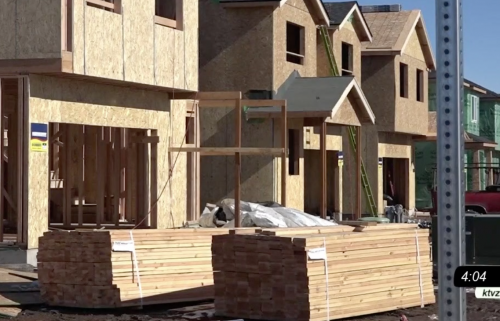Preparedness is paramount during fire season this summer

By: Keep Oregon Green
A wildfire evacuation could save your life — if you know what to do.
With the state’s natural resources vulnerable to ravaging flames — as are homes in populated areas — the call to action began back in spring, when officials urged Oregonians to be vigilant about potential dangers. Now that the clock is ticking. Fire season has officially been declared across the state and it’s time for Oregonians to prepare for fire emergencies.
1. Be wildfire prepared

Fire safety begins at home. Having smoke alarms installed on every floor of your house, including bedrooms and basements, is crucial year-round — and all the more so during fire season. The U.S. Fire Administration recommends testing your smoke alarms once a month to make sure they’re working. It’s also important to own a fire extinguisher and know how to use it. The administration has guidance on the five basic types of fire extinguishers and suggests contacting your local fire department for training options.
2. Assemble a ‘go kit’ ASAP
A “go kit” is a collection of emergency supplies prepared well ahead of time and kept on hand so that you can be self-sufficient during a natural disaster for up to 72 hours. To learn how to pack one, visit the Department of Homeland Security’s Ready website — specifically ready.gov/kit — for checklists of items you’ll need. The department advises putting food, drinks and gear into one or two easy-to-carry bags or plastic containers that fit in the trunk of a car. Some people opt to have go kits at home, at work and in their vehicles.
3. Understand ‘Ready, Set, Go’ levels
For fast-spreading blazes, Oregon’s Office of Emergency Management has outlined statewide “Ready, Set, Go” fire evacuation levels. At a Level 1 warning, you should “be ready” to evacuate and frequently monitor the situation. If someone in your household has special needs, the Office of Emergency Management recommends taking necessary precautions at this stage. You should also prepare to move any pets or farm animals.
When an evacuation reaches Level 2, this signals that you should “be set” to go. If evacuated, arrange to stay with friends or family outside of the danger zone, or seek out a shelter. At Level 3, the situation has become urgent and you should “go” immediately. Stalling or packing belongings could put you in jeopardy. To stay informed, sign up for your county’s emergency alerts.
4. Take care of your furry friends

Wildfire smoke can affect pets, cause them to have difficulty breathing, and irritate their eyes, among other symptoms, according to the Oregon Veterinary Medical Association. Likewise, evacuating pets during a wildfire requires special attention. It’s recommended that pet owners include their animals in their disaster plans, from assembling pet-specific go kits with food and essentials to displaying pet alert stickers or signage.
5. Personalize your plan
The Federal Emergency Management Agency has identified the Eight P’s of Evacuation: People, pets, personal computers, prescriptions, paperwork, pictures, phones and plastic (credit cards). Under each of these categories, consider the specific precautions you need to take for you and your family, such as putting adequate medications for any conditions into your go kit or researching fireproof storage for valuable heirlooms or old photographs.
6. Communicate clearly
If you live with other people, whether it’s roommates or relatives, it’s important to discuss your evacuation plan before an emergency arises, according to FEMA. Talk openly and practice your plan with all of the members of your household. Identify a specific meeting place or way of checking in during an emergency, and make sure children understand how to react when an alarm goes off or if you need to leave quickly.
7. Secure your premises

If you have time during the “be ready” stage of an evacuation, FEMA recommends taking a few safety precautions around your home, such as turning on all indoor and outdoor lights to increase visibility, and closing windows, doors and vents to reduce drafts. In the garage, disconnect any automatic door openers so you can open the doors manually if the power goes out.
However, these measures should only be taken if you already have your go kit packed and your loved ones accounted for — including pets.
8. Fuel and charge
Keep your gas tank full and your smartphone fully charged, since they’re essential for evacuating safely and staying in touch with friends and family. If you need to find a shelter, text SHELTER and your ZIP code to 43362 — for example, SHELTER 97310 — and FEMA will text you the address of the nearest shelter.
To find out what Keep Oregon Green is doing to help educate communities about wildfires, visit keeporegongreen.org.


